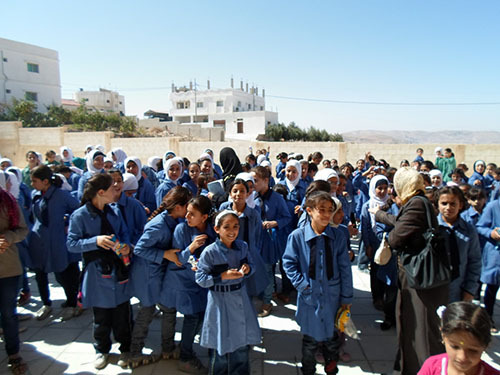
How can we better structure our education systems to ensure that the future working population can prosper in the labor market? Today’s technology has already endangered a large range of 20th century jobs and will continue to impact tomorrow’s jobs. So how do we ensure that the investment in education ultimately leads to a workforce equipped with the skills, knowledge, and attitudes to compete in a 21st century world? It’s a challenge we have posed to the most respected thought leaders in education around the world since we started The Global Search for Education series in 2011.
Dr. Amin Amin currently leads ASK for Human Capacity Building (ASK), a social enterprise dedicated to the provision of human capacity building services in the Arab region, including professional development services for professionals, educators and school community members, women, youth and entrepreneurs. Under his leadership, ASK has been a driving force in education reform across the region, completing six nationwide and three regional projects over the past 3 years which have impacted 3,843 schools and more than 161,000 students. In 2013, Dr. Amin was recognized as the Global Endeavor Advocate and the Mentor of the Year by the award-winning Mowgli Foundation. He joins me in The Global Search for Education today to discuss the Middle East.

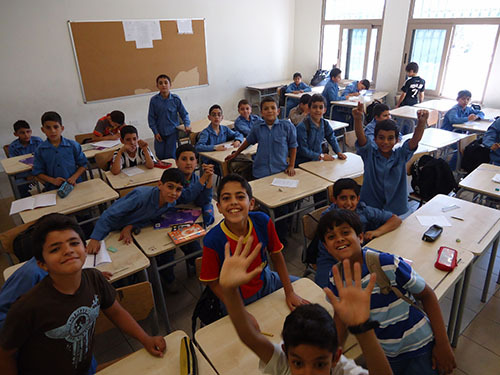
What kind of educational system will permit a country to have the human skills needed to compete globally in the 21st Century?
Such an educational system would be based on student performance as its cornerstone, with the enhancement and progress of this performance on all levels being a top priority. The need for 21st century human capital is creating new pressure on the existing education systems to be effective and fully capable of catering to the specific needs of each student. Educational systems that embrace differentiated learning spaces are a must today.
How has technology impacted the Middle Eastern education systems? What do educators see as the pros and cons from a learning standpoint?
The need to integrate technology in all aspects of life, including education, is a fact today in the Middle East. Decision makers, educators and students are fully aware that technology cannot be avoided or dismissed. Based on that, technology has penetrated the various educational systems in diverse ways. Modern learning approaches such as student centered learning and collaborative learning have been accepted and integrated in Middle East and North Africa education systems because they have been enabled by the use of this technology.
Educators do realize the huge access to global knowledge and best practices enabled by technology, but at the same time they are challenged by their own capabilities to cope with the speed of change and variety of options and tools that are made available by the same technology.

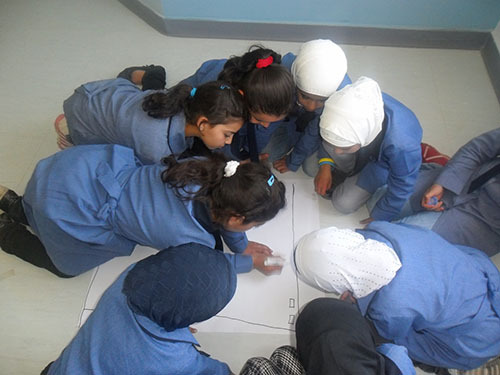
What is your view of standardized testing?
If differentiated learning is a must today for any effective education system, then the need for standardized testing is much less important than it used to be. Nevertheless, in terms of benchmarking and measuring impact and outcomes of interventions in the education systems, there will always be a certain demand for such testing approaches.
If generalization is possible, what elements do you believe are missing from the preponderance of the current systems in the Middle East?
The majority of the education systems in the Middle East are failing to deliver a learning process that result in securing the needed 21st century learners. It is beyond evident today that the labor market and societies in the Middle East are demanding individuals who are critical, analytical, capable of taking initiatives and being proactive in responding to the challenges and social needs of their communities. The existing systems are failing to deliver all the above and are mainly stuck in the spoon-feeding approach to learning.

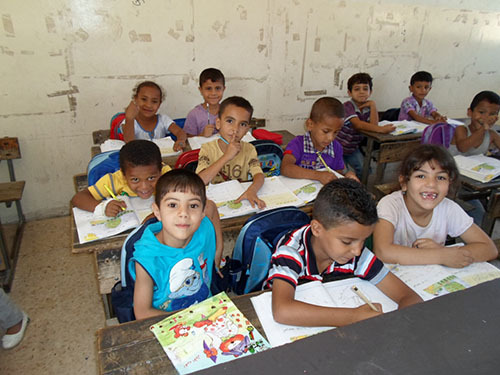
Does your definition of educational excellence take into account the quality of life of individuals and of a society, including its artistic and cultural achievements?
Absolutely. In our definition in ASK for Human Capacity Building for educational excellence, it is all based on the ability of students to transform their learning outcomes into socially relevant actions and interventions. Learning cannot and should not be seen in an abstract form for the sake of learning as such. Effective learning processes and successful educational systems must always pursue social relevance, including artistic and cultural achievements.
For more articles on: Global Education Reform
For more information on Dr. Amin Amin

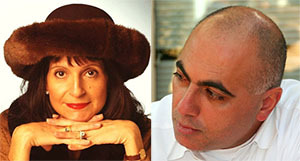
All photos are courtesy of ASK for Human Capacity Building
Join me and globally renowned thought leaders including Sir Michael Barber (UK), Dr. Michael Block (U.S.), Dr. Leon Botstein (U.S.), Professor Clay Christensen (U.S.), Dr. Linda Darling-Hammond (U.S.), Dr. MadhavChavan (India), Professor Michael Fullan (Canada), Professor Howard Gardner (U.S.), Professor Andy Hargreaves (U.S.), Professor Yvonne Hellman (The Netherlands), Professor Kristin Helstad (Norway), Jean Hendrickson (U.S.), Professor Rose Hipkins (New Zealand), Professor Cornelia Hoogland (Canada), Honourable Jeff Johnson (Canada), Mme. Chantal Kaufmann (Belgium), Dr. EijaKauppinen (Finland), State Secretary TapioKosunen (Finland), Professor Dominique Lafontaine (Belgium), Professor Hugh Lauder (UK), Professor Ben Levin (Canada), Lord Ken Macdonald (UK), Professor Barry McGaw (Australia), Shiv Nadar (India), Professor R. Natarajan (India), Dr. Pak Tee Ng (Singapore), Dr. Denise Pope (US), Sridhar Rajagopalan (India), Dr. Diane Ravitch (U.S.), Richard Wilson Riley (U.S.), Sir Ken Robinson (UK), Professor PasiSahlberg (Finland), Professor Manabu Sato (Japan), Andreas Schleicher (PISA, OECD), Dr. Anthony Seldon (UK), Dr. David Shaffer (U.S.), Dr. Kirsten Sivesind (Norway), Chancellor Stephen Spahn (U.S.), Yves Theze (LyceeFrancais U.S.), Professor Charles Ungerleider (Canada), Professor Tony Wagner (U.S.), Sir David Watson (UK), Professor Dylan Wiliam (UK), Dr. Mark Wormald (UK), Professor Theo Wubbels (The Netherlands), Professor Michael Young (UK), and Professor Minxuan Zhang (China) as they explore the big picture education questions that all nations face today. The Global Search for Education Community Page
C. M. Rubin is the author of two widely read online series for which she received a 2011 Upton Sinclair award, “The Global Search for Education” and “How Will We Read?” She is also the author of three bestselling books, including The Real Alice in Wonderland, is the publisher of CMRubinWorld, and is a Disruptor Foundation Fellow.


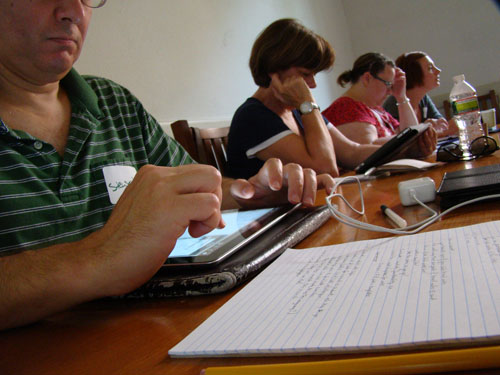
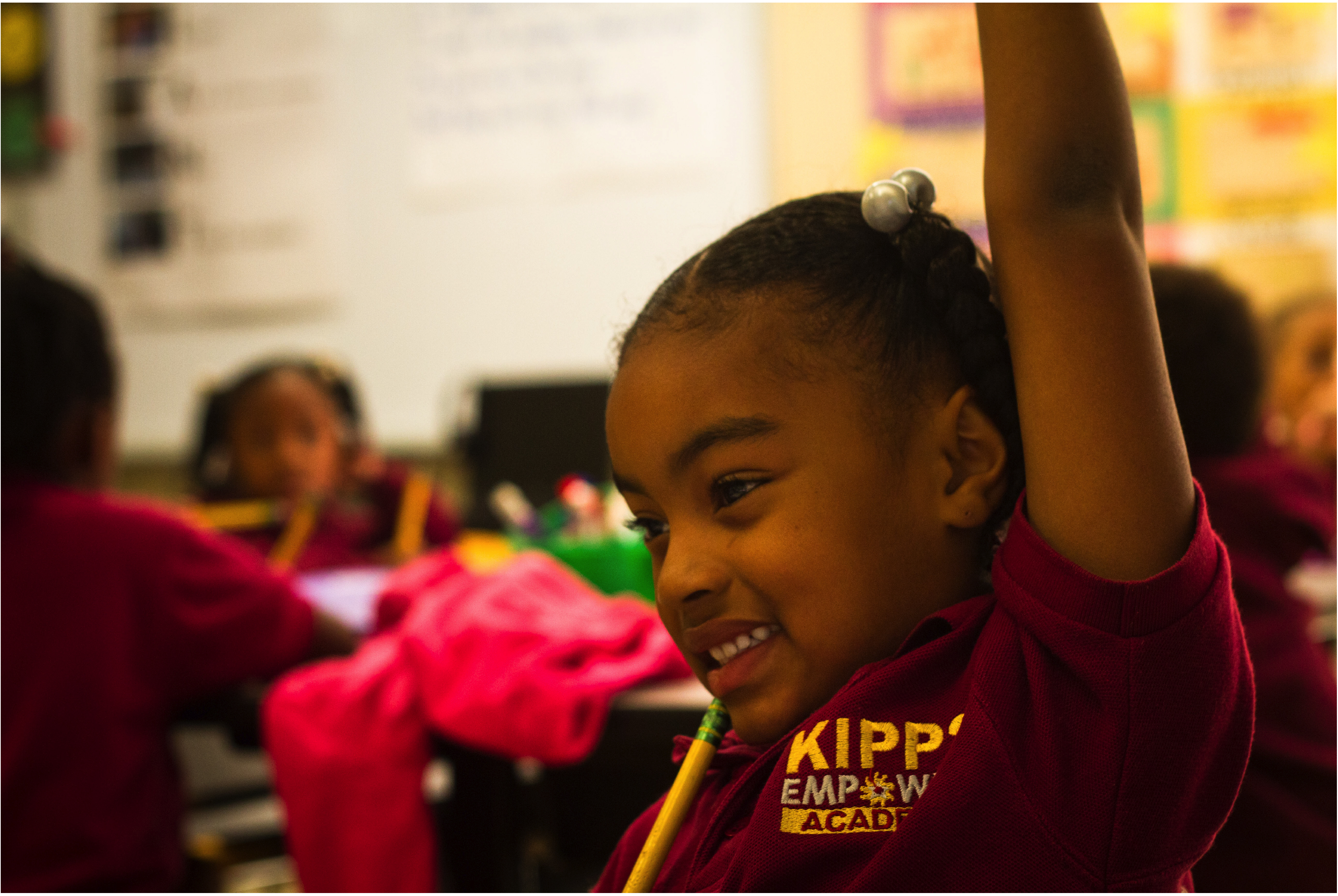
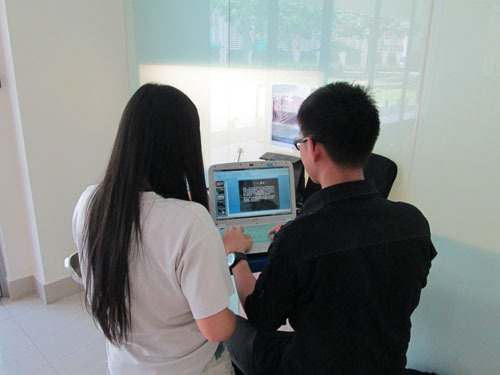
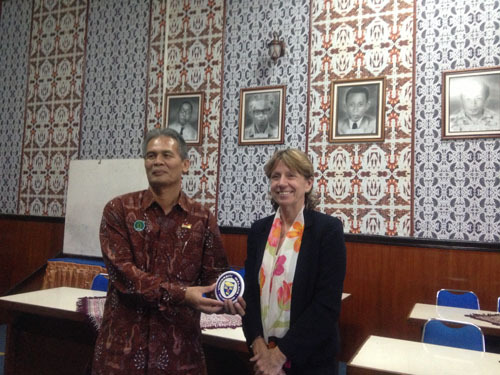
Recent Comments